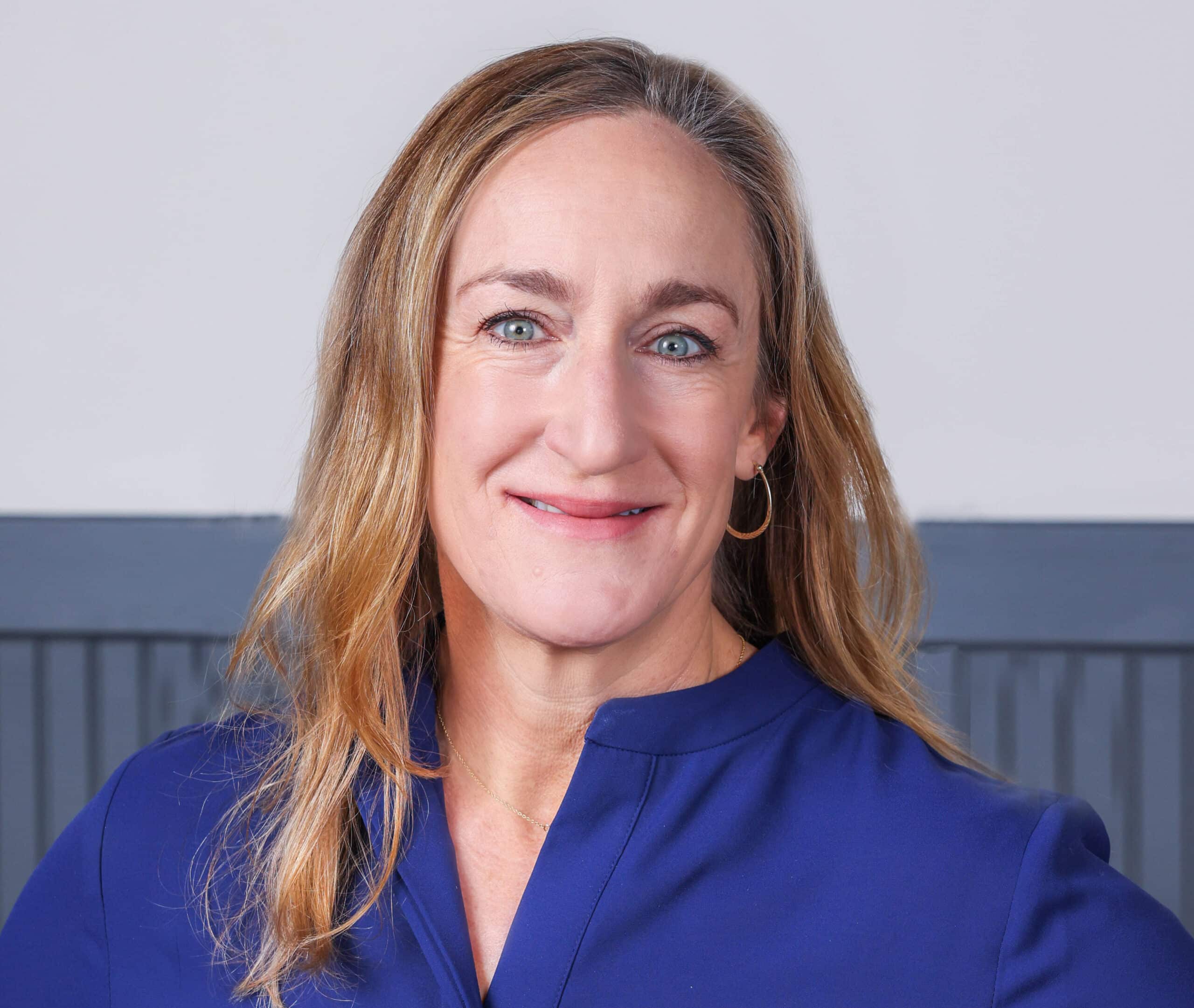Like many of you, I’m passionate about the power of energy to transform lives, particularly by raising communities around the world out of poverty. I have published on this topic, and I’m proud to serve on the board of the Energy for Growth Hub, an NGO dedicated to dramatically increasing energy access for the 3 billion people living in energy poverty globally.
But going forward, I’m going to stop talking publicly about energy for development. And I’m recommending that many of my clients and readers do the same.
Why? Because nowadays, when oil and gas leaders talk about energy for development to climate-centric stakeholders—who include the moderate middle—it almost always exacerbates polarization.
Five years ago, things were different. Talking about energy poverty and how to solve it created common ground for new types of conversations between energy leaders and energy stakeholders. But today, the topic has morphed into a preaching-to-the-choir go-to for energy executives. If you want to make stakeholders who already support the oil and gas industry feel better, go for it. If you want to build bridges with a broad audience, set this topic aside.
I’m making one exception: You should continue talking about the tangible work your company is doing on the ground to bring energy to communities that don’t have it. Work that actually provides energy access to these communities—by expanding access or replacing dirtier fuels—is fair game for you to include in public conversation. (But it’s not going to transform the conversation the way it used to or you think it will.)
Both of these things are true:
- Energy for development will be central to both meeting increased global energy demand and transforming billions of lives around the world in coming decades.
- This topic is no longer a great unifier—it’s divisive.
Critics of my work say that I need to worry less about what people can hear and more about “speaking the truth.” The thing is, there are plenty of people doing a very credible job as advocates for the oil and gas industry and its necessary role in energy around the world. But they aren’t winning hearts and minds. I think we can agree that oil and gas companies, trades, and their supporters have a huge credibility problem among climate-centric and left-leaning stakeholders. And if your truth falls in the woods but no one believes a word you say, does it make a sound that matters?
I’m empathetic to your resistance! Friends and colleagues know I routinely lose my patience over blithe narratives of an easily attained fossil fuel-free world—narratives that ignore the world’s deep, ongoing dependence on fossil fuels and thus literally imperil the current and future well-being of billions around the world. But having energy executives address the emptiness of these narratives with facts about the role of energy in global growth is met with eye rolls by climate activists. Why?
- There is a gaping deficit of trust. Many climate hawks believe that increasing global energy access can be achieved without oil and gas. Having an oil and gas executive explain differently is wildly ineffective.
- When we talk about our role in solving energy poverty, it’s being heard as self-serving. When executives from wealthy nations invoke developing economies as a rationale for continuing oil and gas production, it comes across as self-serving and insincere—whatever our intentions. And you know what? It is self-serving—which is one of the many reasons it doesn’t work to build trust. To climate hawks, solving energy poverty is the worst rationale to justify producing energy resources that they don’t believe we need anyway. Even where companies are working in this space, the apparent self-serving nature undermines the impact executives expect this topic to have on building trust and rapport.
- Global energy poverty is untethered from many of our domestic debates. I have sometimes fallen prey to wanting to explain how international demand is an important driver of future domestic demand. But again: Invoking energy for global consumption as part of local debates about the role of fossil fuels comes across as deeply insincere unless the company or project is directly tied to building such access.
A reasonable comeback to this argument: Developing economies’ rising need for energy fundamentally changes the calculus and conversation about when demand for oil and gas will peak. That’s both true and so important and compelling that we should not simply and casually advocate for energy for development. Instead, we should address energy for development as part of a coherent, comprehensive engagement strategy—built on a combination of what we hope to convey and what our audience is ready to hear.
First step: We need to build a thorough understanding of our audiences’ worldview and where we—and oil and gas—fit in. Energy poverty may work as one talking point in a sustained listening and engagement strategy, but it shouldn’t be waved around like a light saber. We aren’t doing ourselves or emerging economies any favors with the way we are invoking this topic now.
Our industry is made of up scientists and engineers who really want to explain to skeptical audiences the current and future need for oil and gas here and around the world. If that’s your charge, then join me in giving up on wanting to “educate them.” (It doesn’t work!)
What to do instead?
- Find out how to be heard by your stakeholders by listening to them. What’s important to them? What do they believe about the future of oil and gas? What would be required for them to trust you? Listening first will give you important insights about what your stakeholders know, care about, and are willing to hear. Once you know how they can hear you, ask them: “Are you interested in another perspective?” If the answer is yes, then and only then is there a possibility to engage on important topics like energy for development around the world.
- Articulate a vision of the world that is widely compelling. In a world increasingly hostile to oil and gas companies’ participation in energy solutions, painting a picture of the future is one way to prepare for the difficult, substantive conversations about energy needs. As oil and gas leaders, we can’t build a future that we can’t imagine. As civic leaders, we can’t build a future we can’t articulate to stakeholders. So spend some time thinking about how you are leading into the energy future in a way that is inclusive to a broad array of stakeholders. More to come on this in the next Both True!
I want to know how you’re building bridges with oil and gas skeptics; reach out and tell me. If you like what you’re reading, please share this with three colleagues. At Adamantine, we are working with our clients to build trust and rapport with stakeholders. Reach out for your consultation to learn more.
To listening,
Tisha

